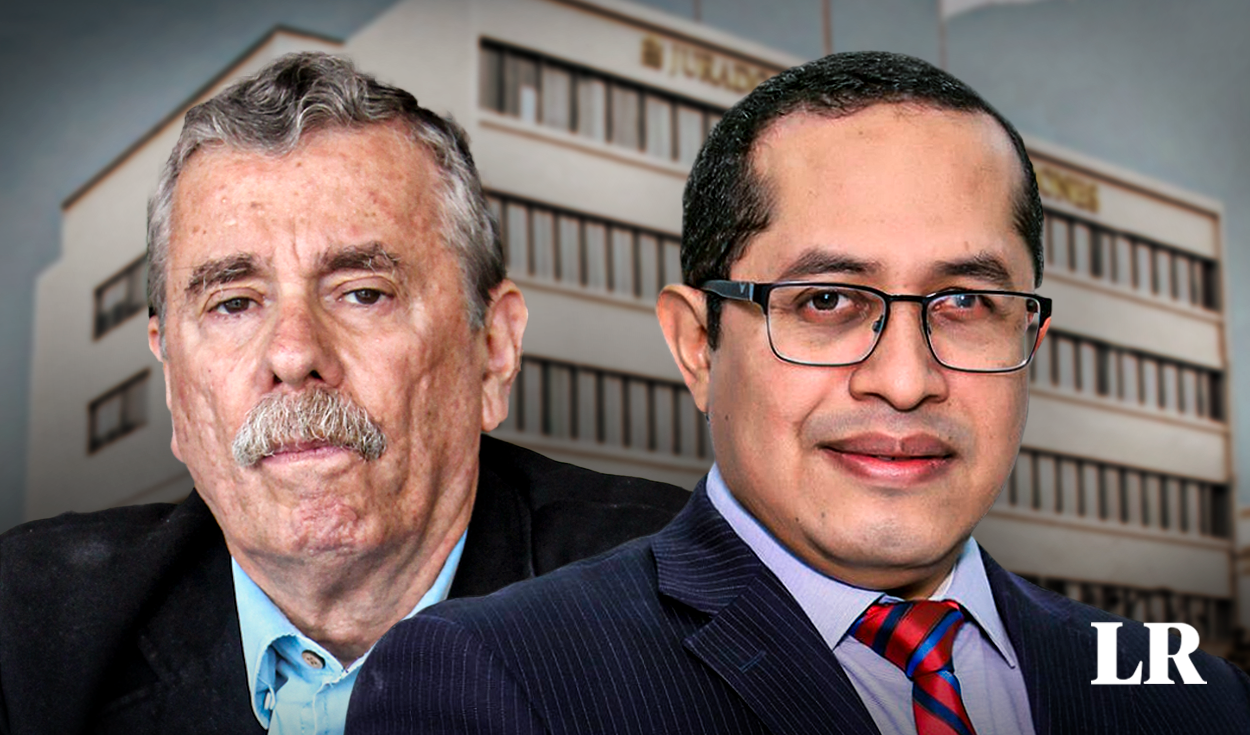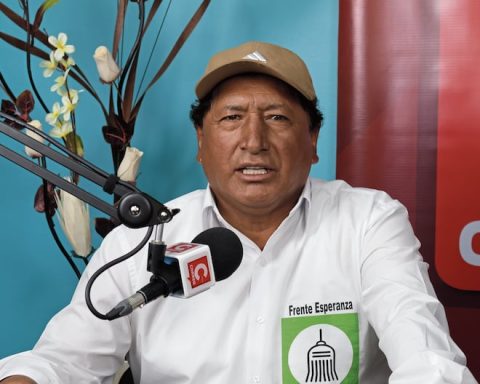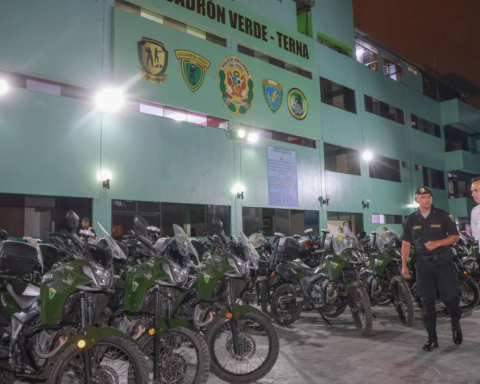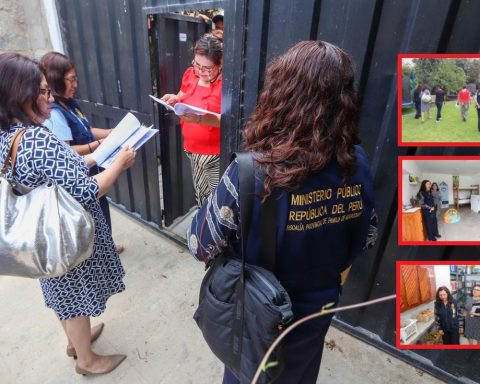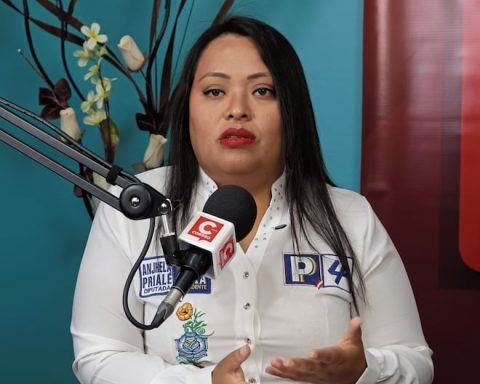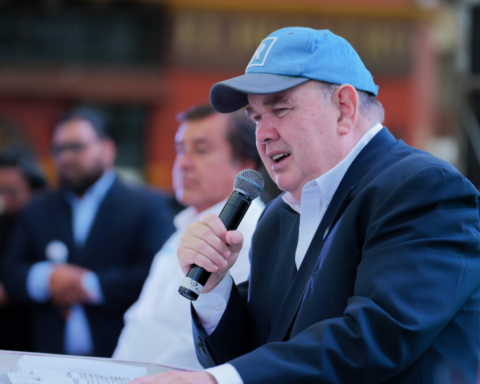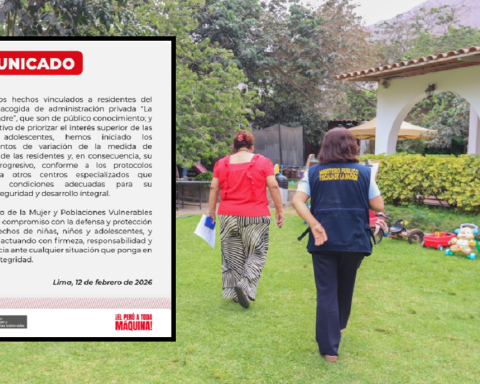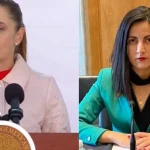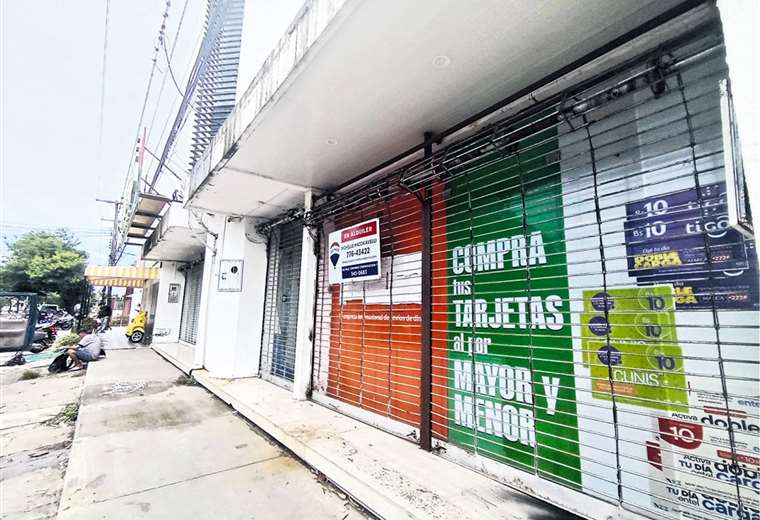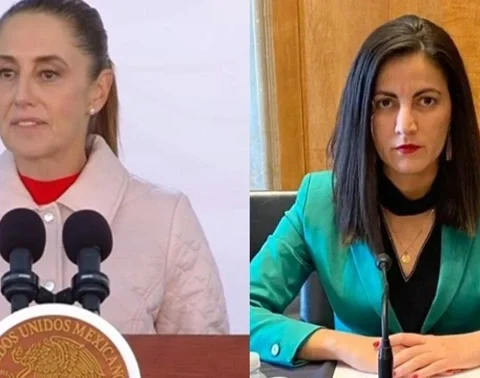Supreme Court Justice Roberto Burneo was appointed last November 6 as new representative of the Judiciary before the National Election Jury (JNE). However, this election occurs in a context marked by the recent approval in the Constitution Commission of a report presented by the Magisterial Bloc at the beginning of October. This bill proposes to modify the election process for the president of the JNE, eliminating participation of the institution that precisely named Burneowhich has generated debate about its impact on the autonomy and functioning of the Peruvian electoral system.
The points that stood out the most about this project were that nor the president of the ONPE, Reniec nor the JNE could be ratified in their position for an additional period, in addition to the reduction of the term of the president of the JNE from four to two years. Along these lines, the most worrying paragraph was also included: that the head of the JNE was no longer elected by the Judiciary.
The proposal for the Teachers’ Block, presented by Congresswoman Elizabeth Medina, proposed that the Plenary of the National Elections Jury be the one who is now in charge of its appointment. This council is made up of a representative of the Supreme Court, one of the Board of Supreme Prosecutors, another of the Lima Bar Association, a former dean of public universities and another of private universities.
YOU CAN SEE: Government remains firm in the purchase of 24 war planes
This initiative had a gap that was highlighted by Congresswoman Ruth Luque during his intervention in the debate of this report of the Constitution Commission. “What will happen if we vote for the constitutional reform in this period and then in the next legislature?” he questioned, since it was not clear if it would come into force as of November 2028, the last month of Roberto Burneo’s mandate in JNE.
However, this question was resolved by the Fujimorist Fernando Rospigliosi, who was President of the Constitution, one day before Burneo was sworn in before Javier Arévalo. During the debate of this project in the Plenary of Congress, through a substitute text, he made it clear that after this constitutional reform was approved in the second vote, Roberto Burneo would have to immediately leave his position after the Plenary of the JNE elected its new president.
“It is an abuse of the legislative exercise that a parliamentary majority, with only the sum of votes, can generate any change, including cutting powers or take away autonomy from any institution“, stated Ruth Luque for La República. The congresswoman, who is part of the Constitution Commission, assured that current legislation establishes a four-year term for the president of the JNE, a period designed to guarantee stability, autonomy and the due administration of electoral justice.
YOU CAN SEE: José Luis Lecaros Cornejo, former president of the Supreme Court of Justice of the Republic, died
“The National Elections Jury resolves errors and a variety of critical issues during an electoral process. That is why a minimum of stability is required,” he added.
The congresswoman highlighted that under the current proposal, the succession to the presidency of the JNE would be decided among the members on a rotating basis, which could lead to inconsistencies in decisions during critical stages such as challenges. “Who ensures that a decision in two years will give it levels of stability? This could undermine autonomy and make electoral justice decisions subject to political pressure,” he added.
Roberto Burneo: “The judge is the only one who has the experience”
That same day, Burneo expressed concern regarding the approval in the first instance of the constitutional reform on the JNEcarried out by Congress. The new president of the JNE highlighted that the experience provided by the representative of the Supreme Court is complementary and fundamental in conjunction with the functions of the other members of the council.
He stressed that the JNE has members from the academic field, the Lima Bar Association and the Prosecutor’s Office, but it lacks representatives with the practical knowledge of a judge. “This has its logic. In some way, he is the only one who comes with experience to settle. There are representatives from the academy, the Lima Bar Association and the Prosecutor’s Office. None is a judge as such. The judge is the only one who has the experience,” he said on that occasion.
Fujimorism does not want to lose its hegemony for the 2026-2031 Government
Political scientist Marylia Cruz gave a serious warning regarding the recent constitutional reform proposal that would affect the duration of the mandate of the president of the National Elections Jury (JNE). She highlights its potential negative impact on stability and transparency for the next electoral process.
“We have seen a clear impact on the part of Congress in modifying who it is and the way of electing the heads of the electoral organizations. The call is going to be made in July 2025, so it will change from one moment to the next, or at that same moment process, change the president of the JNE alters and affects the electoral process itself”he said for La República.
She also stressed that preparation for elections is a lengthy process, requiring more than just a few months of notice. “It takes preparation not only three months before, but quite a long time before and you must also be prepared to become familiar with the functions that the JNE performs,” he explained.
Finally, Gutiérrez described the reduction of the deadline as “an insult” to the electoral process, indicating that such a measure could compromise the effectiveness and its integrity. “I believe that the reduction of time would also affect the electoral process,” he concluded, calling to reconsider the proposal to ensure the continuity and stability of the Peruvian electoral system.
“There is a fear of losing a certain hegemony in the Congress or in key positions. This change is part of those counter-reforms that are being made,” said Cruz. In addition, he pointed out that these actions are not only limited to the modification of the JNE mandate, but also include the elimination of primaries and parity, which considers a setback in the advances in electoral legislation achieved in recent years.
YOU CAN SEE: Juan de Dios Olaechea, partner of Rafael López Aliaga, intervened in the donation of US trains.
Cruz also addressed the impact of the introduction of the bicameral system, which will alter the composition of political forces in the country. “This change adds more to this package of counter-reforms and also occurs in the midst of a new scenario that will be the election of the bicameral, that is, a congress with deputies and senators that will definitely alter the political forces, ” he explained.
“Let us remember that the next election is a peculiar election in the sense that the general elections and also the regional and municipal elections will be held at the same time, during the same year. No, that merits a fairly extensive investment on the part of the parties or political organizations, especially national parties. So I think there is a fear of losing a certain hegemony in Congress or in key positions,” he added.
